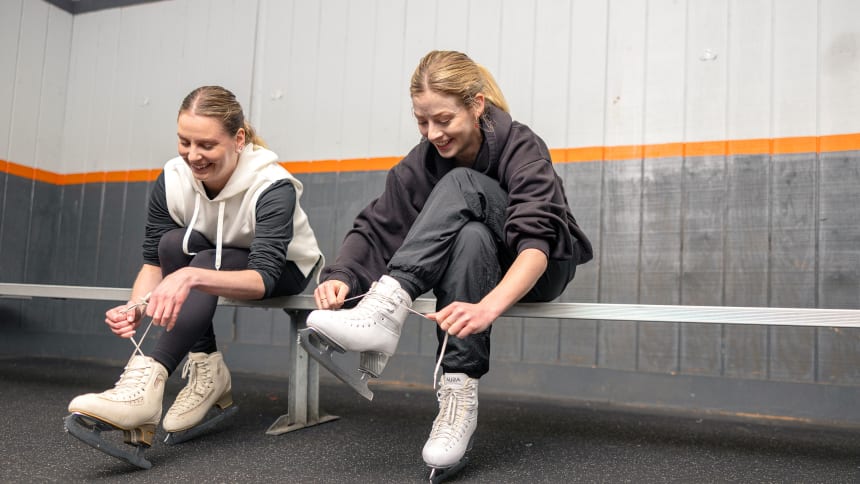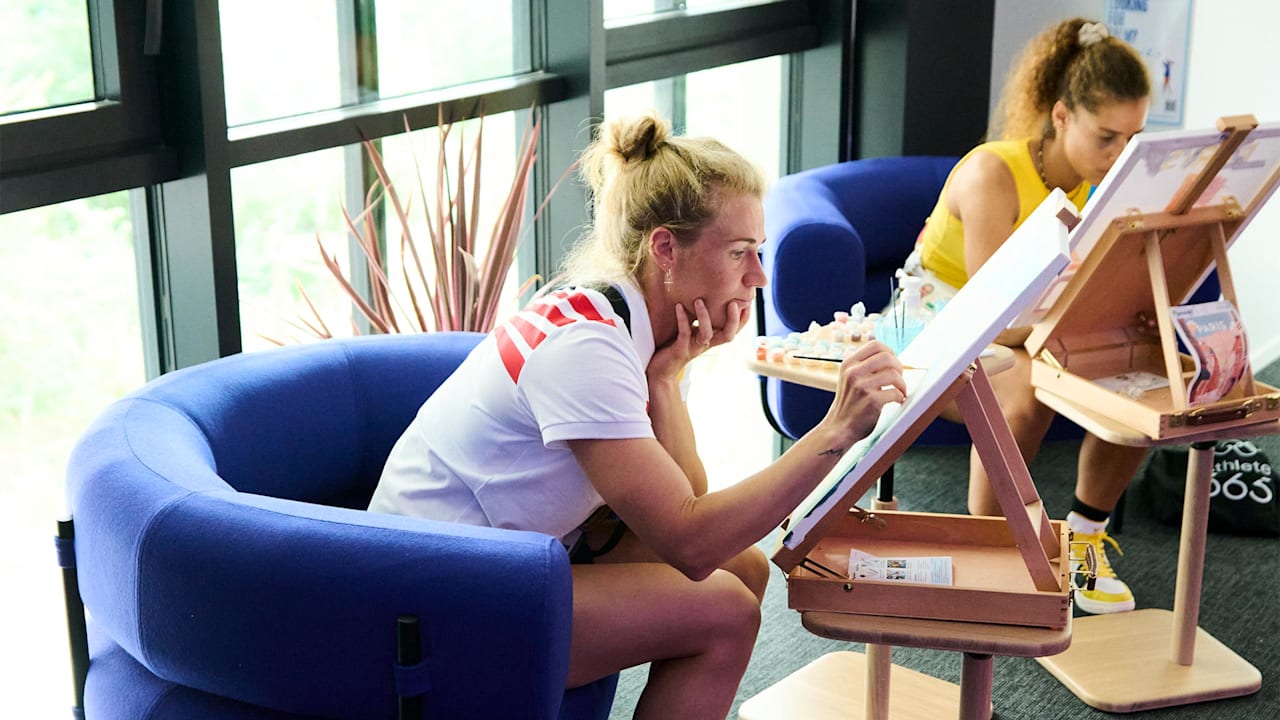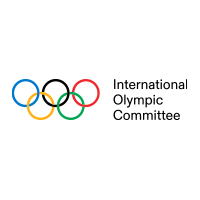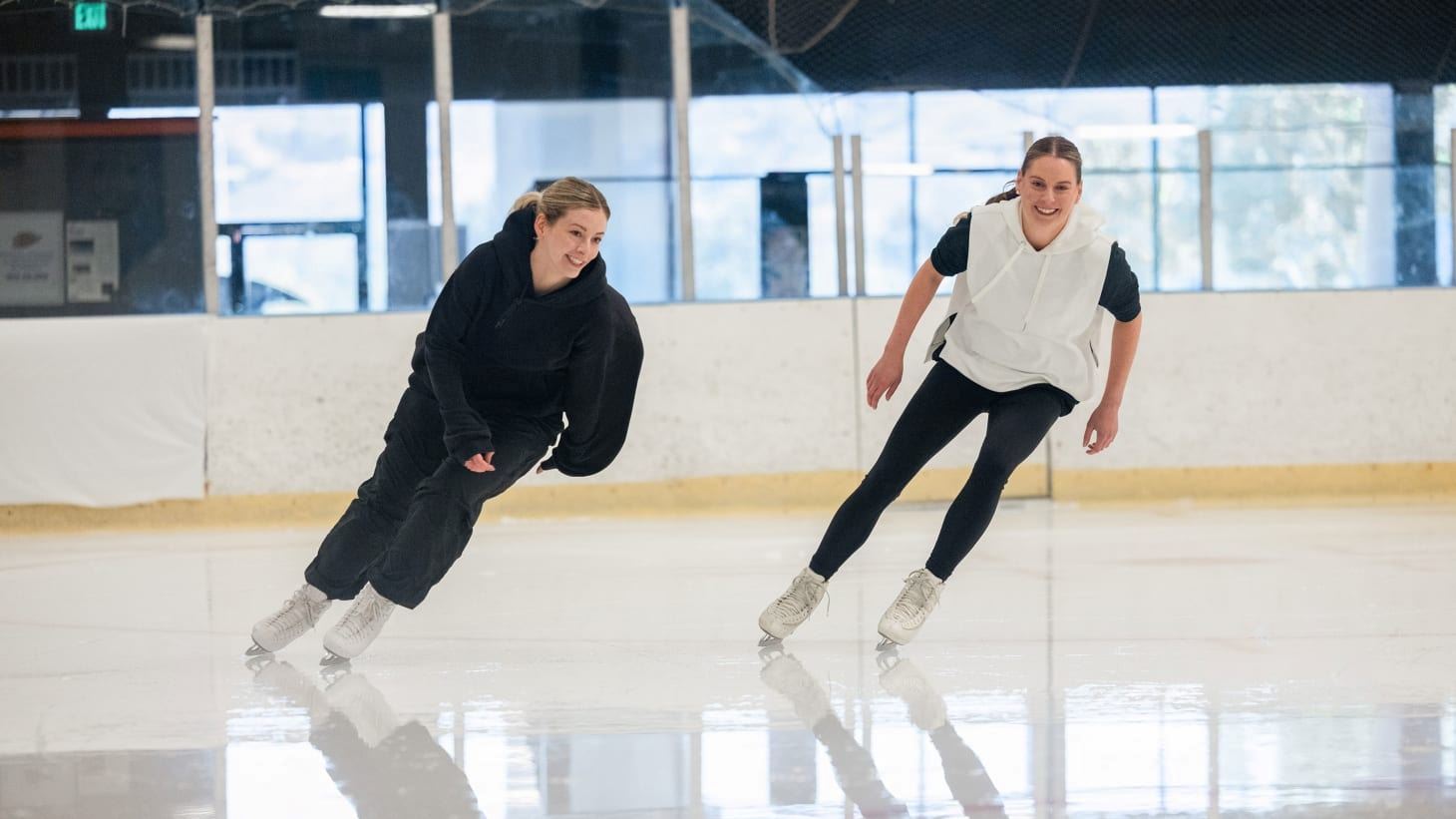10 October 2025 - When Olympians speak openly about their mental health, they do more than share their stories – they help others feel less alone. To mark World Mental Health Day, the International Olympic Committee (IOC) is shining a spotlight on these voices, highlighting how athletes are breaking down stigma and building a culture of care in sport, which is also a pillar of the IOC’s Let’s Move +1 campaign.
The IOC Mental Health Ambassadors programme brings together Olympians from across the globe to act as role models and advocates for mental health. By sharing personal experiences, encouraging open conversations and guiding fellow athletes towards available resources, they help promote well-being within and beyond sport.
Representing a wide range of sports and regions, the ambassadors are:
- Abhinav Bindra (India, shooting),
- Holly Bradshaw (Great Britain, athletics)
- Camille Cheng (Hong Kong, China, swimming)
- Cha Jun-hwan (Republic of Korea, figure skating)
- Bruno Fratus (Brazil, swimming)
- Gracie Gold (USA, figure skating)
- Marie-Josée Ta Lou-Smith (Côte d’Ivoire, athletics)
- Ryan Pini (Papua New Guinea, swimming)
- Akani Simbine (South Africa, athletics), and
- Masomah Ali Zada (Refugee Olympic Team, cycling).
South African sprinter Simbine explains what motivated him to take on the role. “Many athletes experience mental health issues, but they don’t want to speak about it or don’t know who to turn to,” he said.
I’ve been depressed and not wanted to speak about it myself. On the outside I seemed OK, but I was actually really struggling inside. I think I can help other athletes in a similar situation. If they listen to my story, it might give them the confidence to talk about their issues and deal with them.

Akani Simbine, IOC Mental Health Ambassador, Olympian, South Africa, athletics
For Brazilian swimmer Fratus, the role is a way to turn his personal journey into support for others: “It feels like an opportunity to do something with all the precious information I have collected. We all struggle sometimes, and my fellow ambassadors and I will be here to help you take it off your chest. Let’s look out for each other.”
Cheng emphasised the importance of access to support: “All elite athletes have ups and downs in their career, and it’s okay to ask for help. There are plenty of resources out there, so you need to find the best ones for you. As an ambassador, hopefully I can help athletes with that – explaining how they can get help and ensuring they receive it quickly.”
The athletes’ message is clear: mental health matters, and support is always within reach.
The IOC Mental Health Ambassadors programme forms part of the IOC’s broader commitment to supporting athlete well-being and fostering safer, more supportive environments throughout their sporting journey.
Let’s Move +1: no one has to face challenges alone
Through Let’s Move +1, the latest phase of its global initiative with the World Health Organization (WHO), the IOC is highlighting the mental health benefits of physical activity.
Let’s Move +1 invites people to reach out to someone who might be struggling – and experience the positive impact that comes from moving together. It aims to remind us that no one has to face challenges alone, and shows how movement not only supports physical fitness, but can also be a powerful source of connection and building a healthy mind.

To mark World Mental Health Day, the IOC is releasing a short film featuring American figure skater and Mental Health Ambassador Gracie Gold. Her story is a powerful reminder of how simple acts of support can be life-changing. In the film, she reflects on the role her twin sister Carly played in supporting her through her own mental health struggles, both in sport and beyond.
“If it weren’t for Carly, there wouldn’t be a Gracie. She really did save me. Carly just showed up for me,” said Gold. “It can be hard to know what to say or to do when someone you care about is struggling. But support doesn’t have to be a grand gesture or saying the right thing. Often, it’s just showing up, being there for the everyday, silently letting them know you are there.”

A broader commitment to mental well-being
These athlete-led initiatives are part of a wider commitment to embedding mental health support across the Olympic Movement. In 2023, the IOC launched its Mental Health Action Plan, which provides a comprehensive roadmap designed to promote mental well-being across sport.
At each Olympic Games, this commitment translates into practical measures for athletes and their entourage, including:
- a Cyber Abuse Protection System, which filters harmful online content before it reaches athletes;
- the Athlete365 x Powerade Mind Zones, offering calm, restorative spaces in the Olympic Villages;
- the Mentally Fit Helpline, providing confidential support in over 70 languages; and
- a network of Welfare Officers in the Villages, offering safeguarding expertise and trusted guidance.
The IOC will soon launch a Train the Trainers course designed to train selected sports stakeholders to deliver a Mental Health Awareness Workshop in their local or regional context. Athletes can also access the Mentally Fit e-learning course through Athlete365 – this offers practical techniques to build resilience, practise mindfulness and manage the unique pressures of elite sport.
A wide range of expert advice, resources and tools are available through the Athlete365 #MentallyFit hub, ensuring Olympians and their entourage have support at every stage of their sporting and personal journeys.

